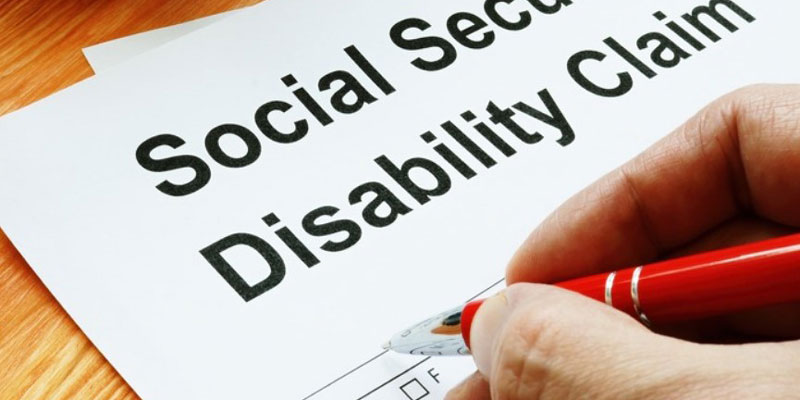Contribution Pensions
You or your employer makes regular payments to 'defined contribution' pensions over time. Your retirement money will depend on how much you paid into the pot and how well the fund invested. If you aren't sure which type of pension you have, talk to your pension provider.
Underfunded Pension Plan
Underfunding is a major problem today for traditional, defined benefit pension plans. Is there enough money to cover their future obligations? This problem is especially acute for multiemployer pensions, primarily designed for union members who work for more companies than one.
The U.S. Department of Labor's EBSA maintains a list of plans whose funding status is critical, declining, or endangered. 2020 saw 121 plans in critical condition, 65 in critical and declining, and 61 in endangered. A critical plan has less than 65% funding, while a declining or critical plan will likely become insolvent in 15 years. An endangered plan has less than 80% funding.
While most multiemployer plans do not face financial difficulties, enough are included in the massive American Rescue Plan Act (ARPA) of 2021 that Congress passed in March 2021. The Pension Benefit Guaranty Corporation will be able to provide financial assistance to plans in grave danger of insolvency under the new law. They will be able to apply for special assistance, a lump-sum payment covering the plan's obligations until 2051. Unlike traditional PBGC funding, which depends on insurance premiums and other funding sources, the new money will be sourced from the general tax revenue.
Your Employer Goes Bankrupt
Ironically, some pension liabilities have contributed to the destabilization of large companies and made their pensions even riskier. Sears is an example. In October 2018, Sears declared bankruptcy. According to media reports, Sears' then-CEO stated that the $4.5 billion it had contributed to its pension plans over the past five years made it difficult for Sears not to invest in operations or compete with large retailers who didn't have significant pension obligations.
Your Pension Falls into a Loophole
Pensions that the federal government has granted church status can save money as they don't have an obligation to contribute to the PBGC's retirement insurance fund unless they choose. Employees who don't participate in their pension plans will not be eligible for the ERISA protection or get the benefit of the insurance.
According to the Pension Rights Center (a non-profit consumer group), most church pension plans choose not to take advantage of federal protections. The church plans don't have an obligation to provide information about employees or their plan investments or equitably pay benefits, nor do they have to fund pensions properly or give employees information about benefits. This exemption was created to preserve the separation between church and state. It applies to all religious organizations, regardless of their denomination. This exemption also applies to entities associated with these organizations, such as schools or hospitals.

Steps You Can Take To Protect Your Pension
Your pension security is a flickering fire that your employer can launch anytime. Perhaps there are things you can do to protect your health before you start to smell smoke and need the protection of PBGC. The old three-legged stool is still available. You should plan for multiple sources of retirement income, including Social Security, pensions, and personal savings. A stool with only two legs isn't comfortable to sit on and is not a stool you can use. It is unbalanced and it is shaky. You shouldn't lose heart in pursuing the benefits to which your rights are entitled. These steps will help you tilt the odds in your favor.
Keep Your Information Up To Date
Smith, the pension consultant, suggests that you ensure your contact information is correct and current with any company that owes pension benefits to you, even if you are no longer employed there. Your former employer must know how you can reach them. Although it might seem unbelievable, the PBGC claims that more than 80,000 workers still have not claimed their pensions. Former employers can be lost to workers if they move, buy out or close down. You can find out how to track down money owed by PBGC in the PBGC booklet, "Finding a Lost Pension."
Get Help
PensionHelp America is also available to workers. It is part of the Pension Rights Center. This resource can connect you with legal and counseling services if you have questions or concerns about your pension. The federal government's Employee benefits security administration (EBSA) has benefits advisors that can help you understand your rights, find a missing pension, and even contact a plan administrator.
Make a Complaint
EBSA can investigate any concerns you have about your pension management. If your complaint is specific and indicates that your former employer or employer has violated pension law, EBSA's Enforcement Unit should investigate. EBSA states that even non-specific complaints can be investigated if multiple sources have reported problems with the same entity.



